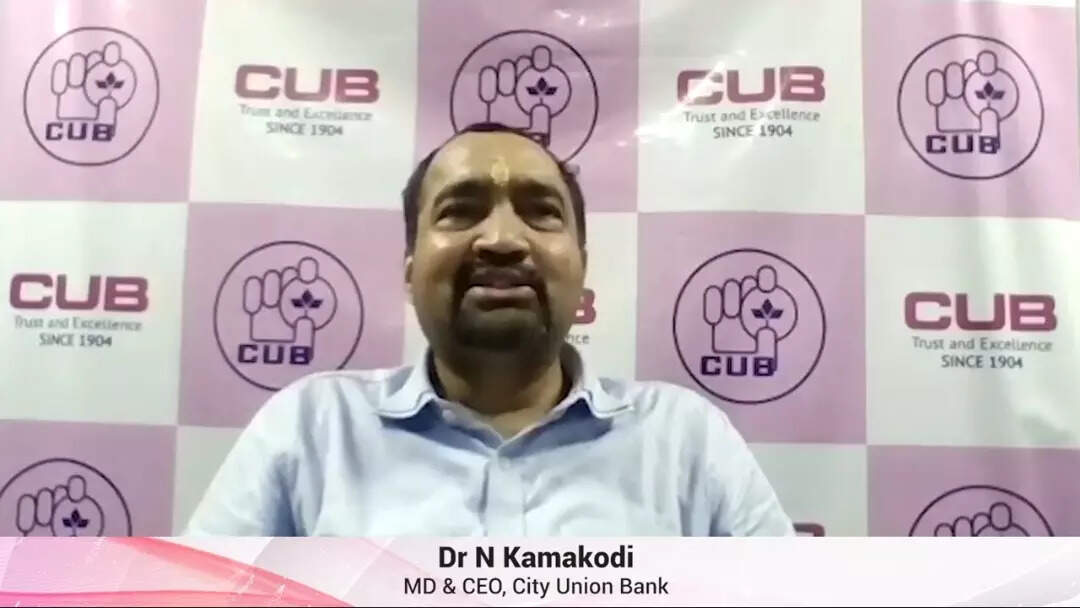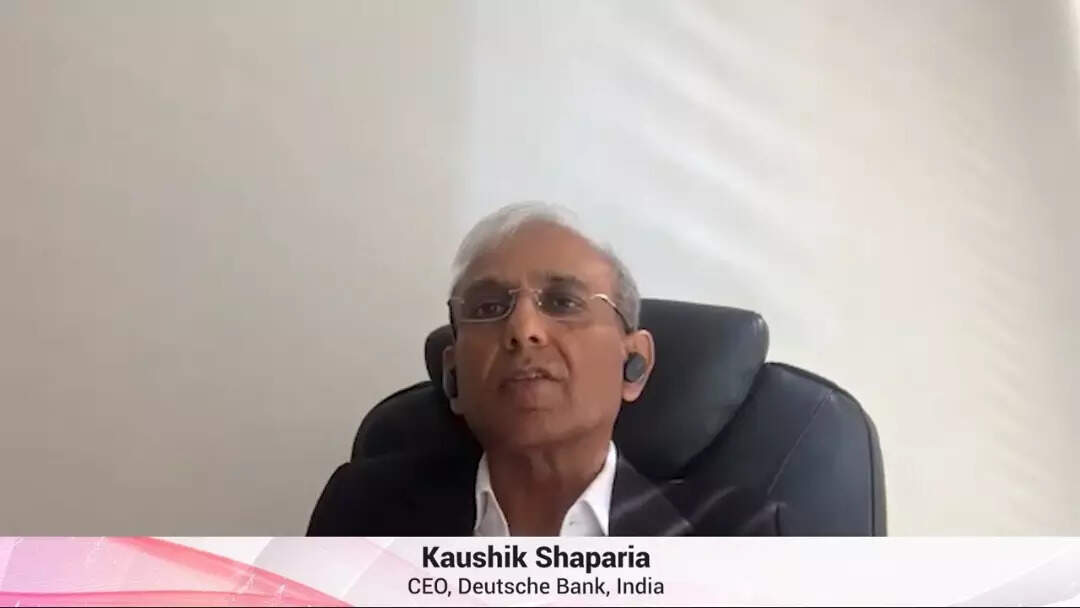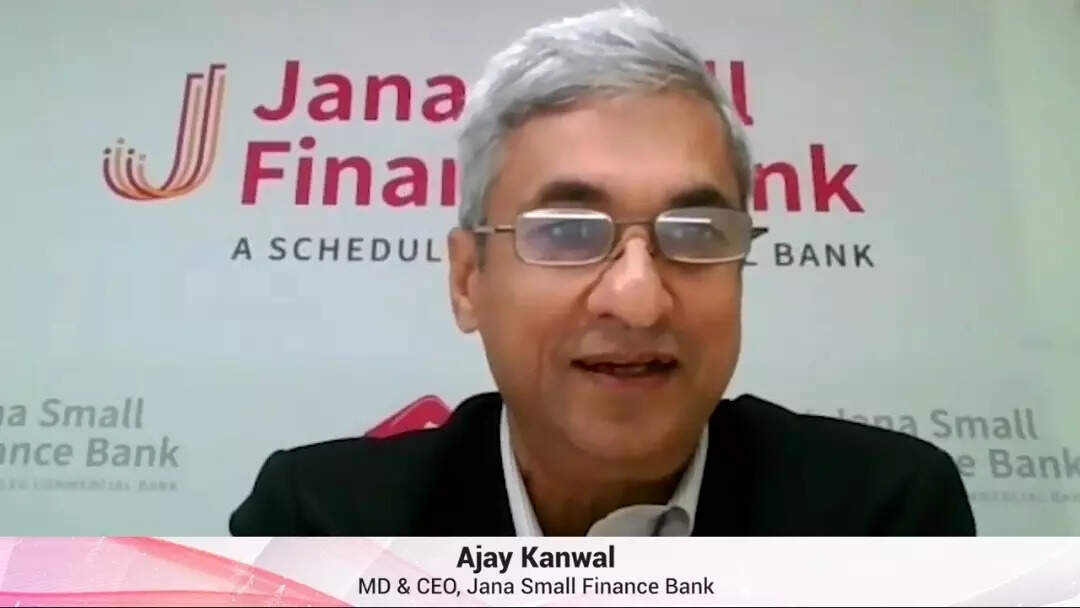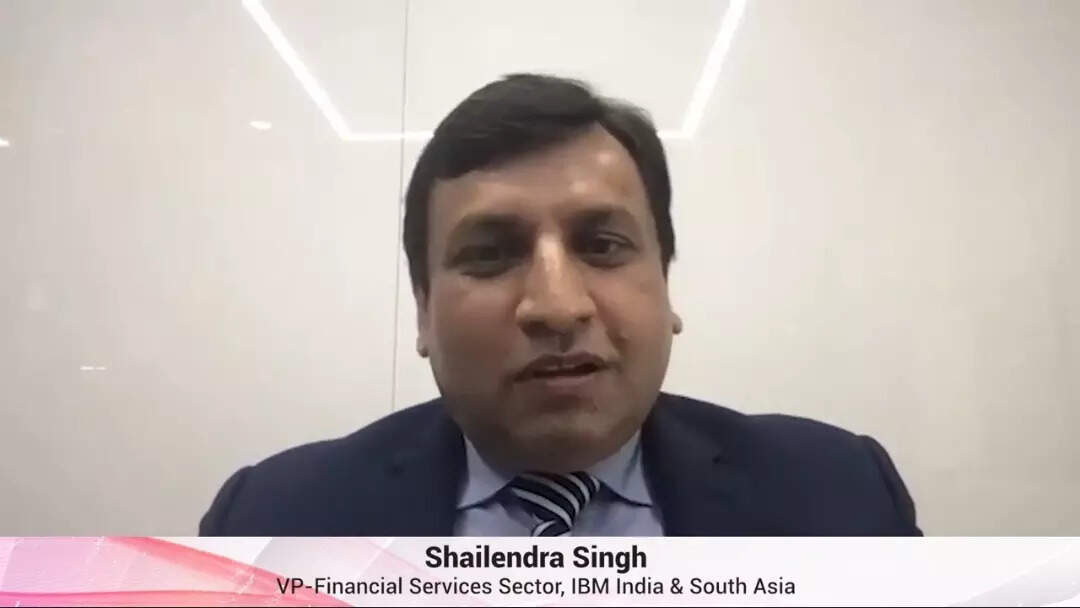IndusInd Bank has clarified that Shalabh Saxena and Ashish Damani are currently employed with its wholly owned subsidiary Bharat Financial Inclusion (
BFIL) as managing director & CEO, and Chief Financial Officer, respectively, countering that they have been appointed by
Spandana Sphoorty Financial Ltd (SFFL). SFFL on Monday had announced the appointment of Saxena as its MD & CEO, and Damani as the President and
CFO of the company.
In a clarification, IndusInd Bank said that “Shalabh Saxena and Ashish Damani are currently employed with bank’s wholly owned subsidiary, Bharat Financial Inclusion (BFFL), in the capacity of the Managing Director & Chief Executive Officer and Executive Director & Chief Financial Officer, respectively”.
“Neither, Shalabh Saxena nor Ashish Damani have tendered their resignation from the services of BFIL,” the bank said.
As per the terms of their employment, once the resignation is tendered, it is subject to acceptance by the board of directors of BFIL (board). Upon acceptance by the board, a specified notice period is also required to be served, IndusInd Bank said in a regulatory filing.
“However, as neither of them have tendered their resignations to BFIL, such due process has not been initiated,” it added.
Spandana had announced that Saxena accepted the position of Managing Director & Chief Executive Officer, and Damani as the President & Chief Financial Officer of the company, respectively.
The private sector lender also said that Saxena and Damani are prohibited from accepting employment at a competitor of BFIL (such as SSFL), unless approved in writing by the board of BFIL.
“As resignation from BFIL has not been tendered to the board by Shalabh Saxena and/or Ashish Damani, any purported acceptance by them of employment at SSFL would be in contravention of the terms of their employment with BFIL,” IndusInd Bank said.
Further, it said that they cannot be relieved from the services of BFIL until completion of the review related to certain transactions relating to the micro finance lending arm.
An ongoing review and the continued employment of Saxena and Damani is critical to the closure of such process, the bank said.
Earlier this month, the bank had refuted a whistleblower allegations on loan evergreening at BFIL as inaccurate and baseless, however, it admitted to disbursing 84,000 loans without customers consent in May due to a “technical glitch”.
“The bank strongly denies the allegations of ‘evergreening’. All the loans originated and managed by BFIL, including during the Covid period which saw the first and second waves ravaging the countryside, are fully compliant with the regulatory guidelines,” an official statement from the bank said on November 6.
“BFIL and the bank are in the process of evaluating and undertaking appropriate steps and actions, including strengthening the management of BFIL to continue its usual business operations under the able guidance of its management and the bank,” as per the filing.
Meanwhile, Spandana has sought time from Sebi to publish its financial results for quarter ended September 30, 2021, citing the recent management level changes at the company.
It was supposed to publish its financial results before November 14, 2021 — as the listed companies are required to publish the same to the stock exchanges within 45 days from the close of a quarter.
On November 2, Spandana informed that its Founder & Managing Director Padmaja Gangireddy had resigned from the company from immediate effect.
Hyderabad based Spandana Sphoorty is a rural-focussed non-banking financial company and a microfinance lender.
Stock of IndusInd Bank traded at Rs 990.95 apiece on BSE, up by 1.06 per cent from the previous close. Spandana Sphoorty scrip was down by 3.82 per cent at Rs 439.45.



